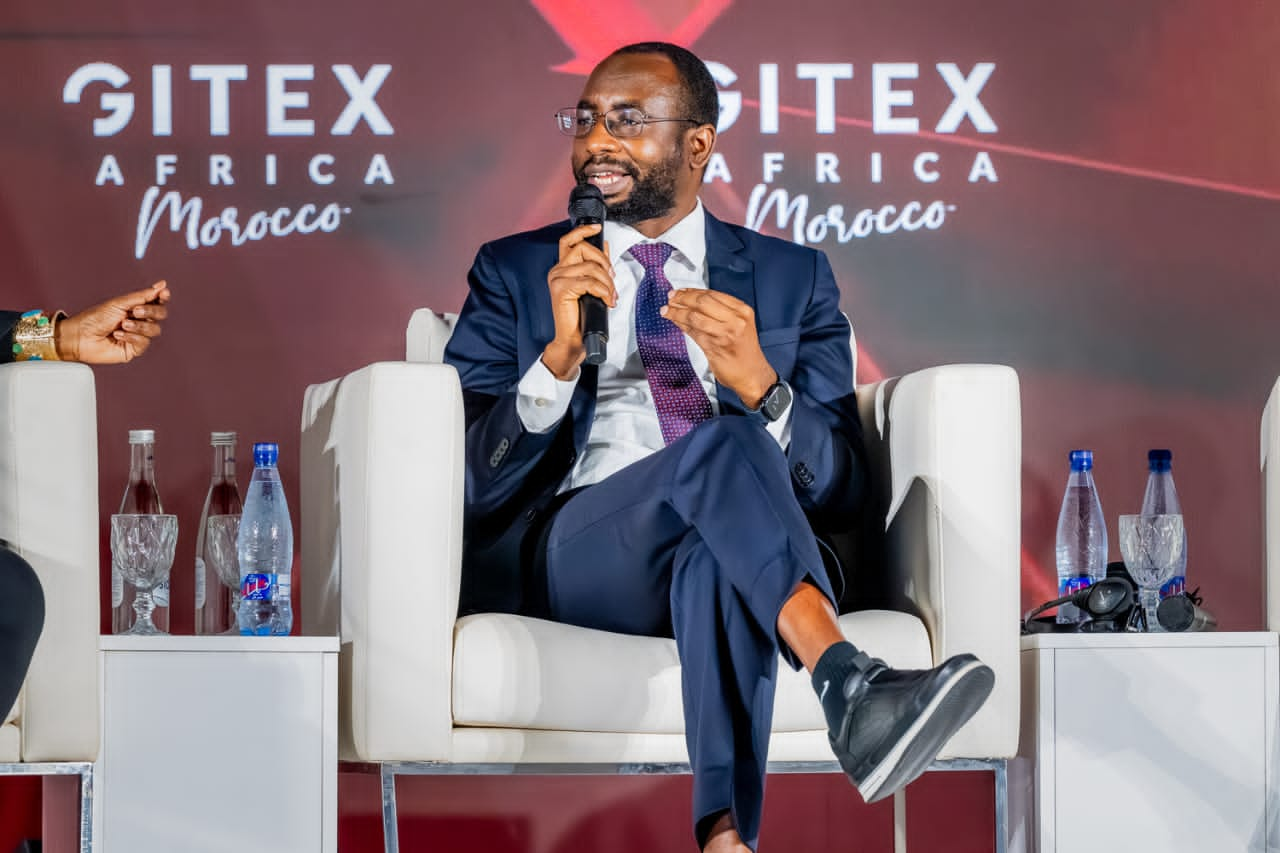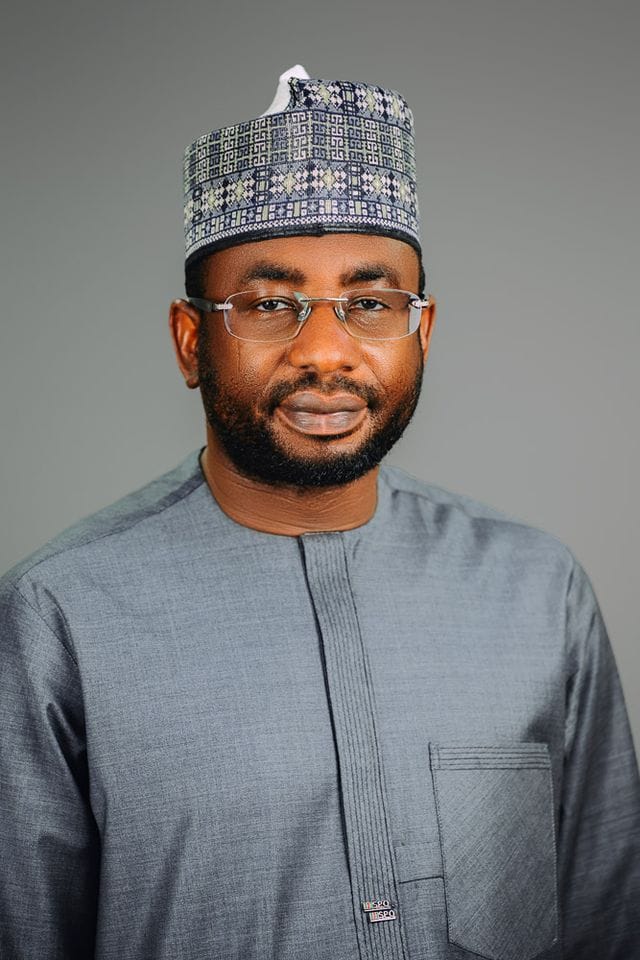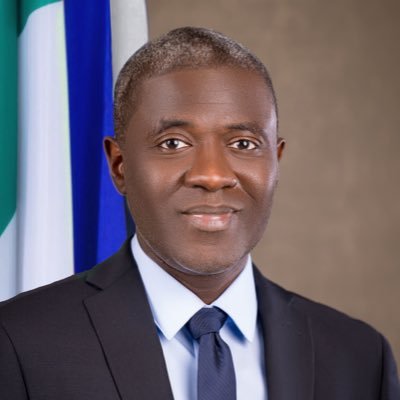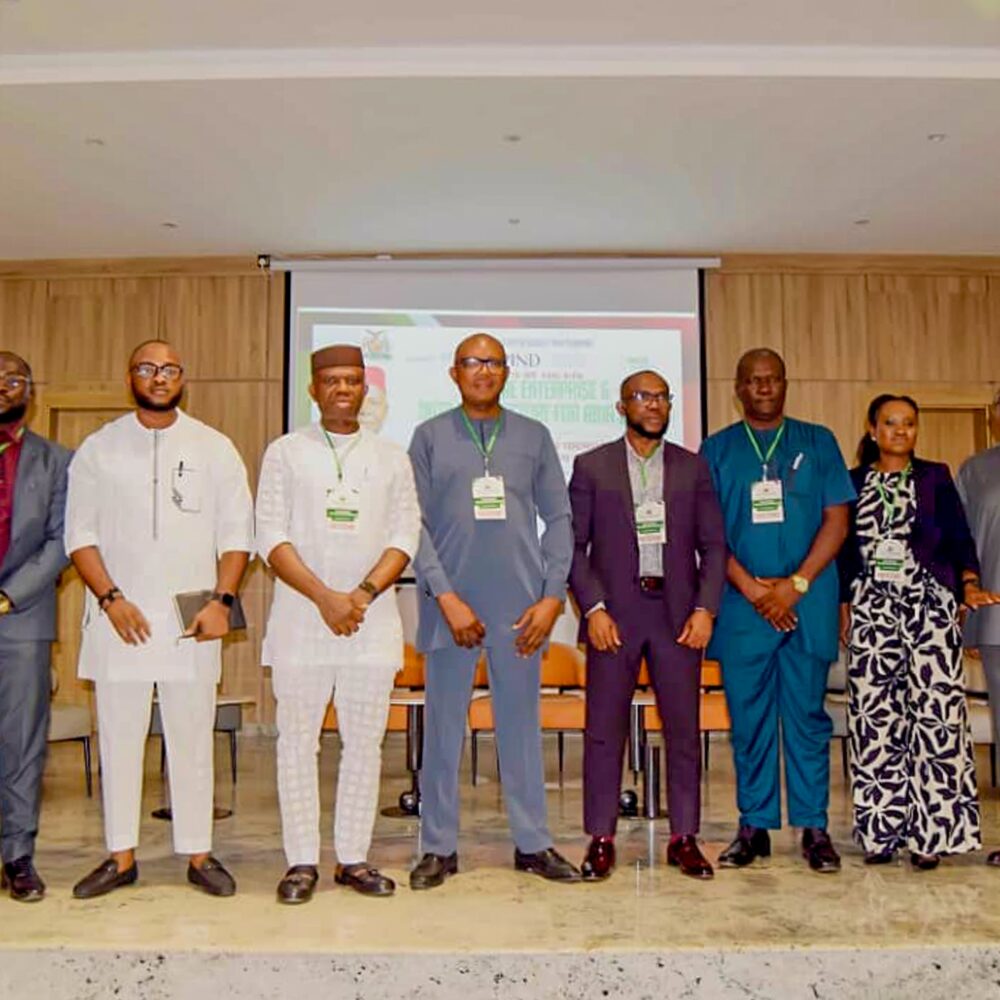The Director General of the National Information Technology Development Agency (NITDA), Kashifu Inuwa CCIE, has charged African leaders to take proactive steps in integrating Artificial Intelligence (AI) into governance, business, and development strategies, asserting that Africa must lead the Fourth Industrial Revolution through innovation and inclusion.
Speaking at the Main Stage of GITEX Africa 2025 in Marrakech, Morocco, Inuwa delivered a compelling presentation on “Harnessing AI for Strategic Leadership” during a high-level panel session that attracted global policymakers, technology experts, and investors.

Inuwa emphasised that AI should not merely be seen as a technological trend but as a strategic enabler that can transform leadership, improve decision-making, and unlock new economic opportunities for the continent.
“To drive strategic leadership in today’s world, you need to be an AI-driven leader,You must see AI as a partner in decision-making creating co-intelligence between humans and machines to deliver transformative results.” NITDA DG declared.
He urged leaders across Africa to put strategy before technology by aligning AI adoption with national priorities and developmental goals. Inuwa outlined four principles for leveraging generative AI responsibly: inviting AI to the table, maintaining human oversight, designing with ethical guardrails, and embracing continuous improvement.
Highlighting potential risks, Inuwa cautioned against the dangers of AI systems trained on data that exclude underrepresented communities. “If data doesn’t see a community, the system won’t see it either,” he warned, calling for greater digital inclusion and cultural visibility in data ecosystems.
As part of Nigeria’s efforts to foster responsible AI governance, Inuwa introduced NITDA’s Regulatory Intelligence Framework, anchored on three key pillars: Awareness, Intelligence, and Dynamism.
He explained “We must remain aware of our regulatory environment, dynamic to adapt to technological changes, and intelligent in interpreting and applying data meaningfully,We adopt both rule based and use-case-driven approaches to ensure compliance while encouraging innovation.”
Envisioning Africa’s AI landscape over the next five years, Inuwa expressed optimism that the continent can leverage AI to solve real-world problems, drive inclusive growth, and leapfrog traditional development pathways.
“We missed the first, second, and third industrial revolutions, but this fourth one Africa must not just follow, we must lead,” he concluded.
Inuwa shared the stage with other notable speakers including Kenya’s Special Envoy on Technology, Philip Thigo; Pesalink CEO, Gituku Kirika; and Emmanuel Lubanzadio, Head of Africa at OpenAI.





